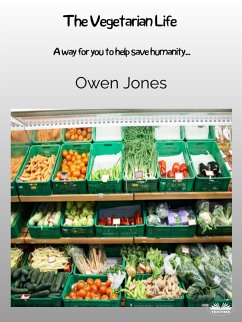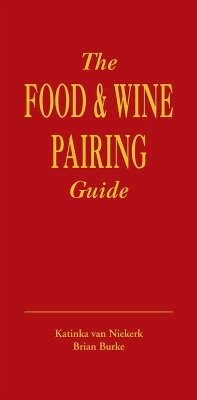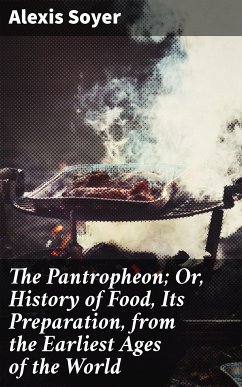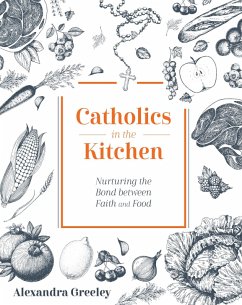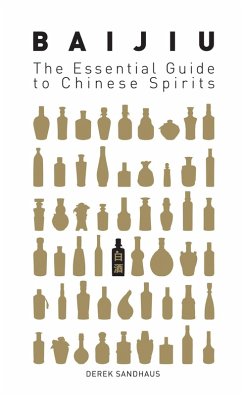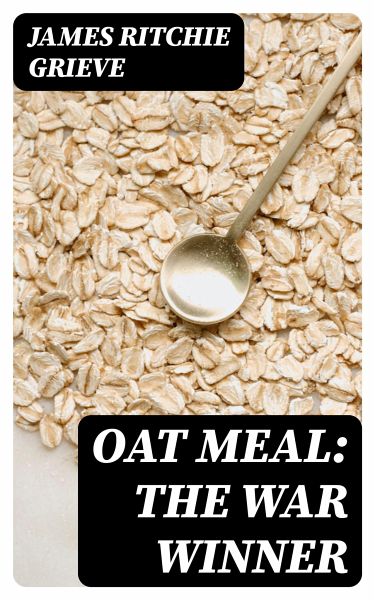
Oat Meal: The War Winner (eBook, ePUB)

PAYBACK Punkte
0 °P sammeln!
In "Oat Meal: The War Winner," James Ritchie Grieve delves into the often-overlooked role of nutrition in wartime resilience, foregrounding oatmeal as both a staple and a symbol of sustenance during conflict. Grieve employs a literary style that combines vivid imagery and anecdotal evidence, infused with historical context, to illustrate how this humble grain fueled soldiers and civilians alike. The book deftly interweaves personal narratives with broader socio-political critiques, illuminating oatmeal's significance not just as food, but as a cultural touchstone that sustained morale amidst t...
In "Oat Meal: The War Winner," James Ritchie Grieve delves into the often-overlooked role of nutrition in wartime resilience, foregrounding oatmeal as both a staple and a symbol of sustenance during conflict. Grieve employs a literary style that combines vivid imagery and anecdotal evidence, infused with historical context, to illustrate how this humble grain fueled soldiers and civilians alike. The book deftly interweaves personal narratives with broader socio-political critiques, illuminating oatmeal's significance not just as food, but as a cultural touchstone that sustained morale amidst the ravages of war. James Ritchie Grieve, a noted historian and nutrition advocate, draws upon his extensive research in both agricultural practices and wartime history. His experiences growing up in a family of farmers instilled in him a deep appreciation for the importance of food security, leading him to explore nutritional strategies during crises. This background, combined with scholarly rigor, informs Grieve's compelling narrative, merging personal insight with academic analysis, thereby enriching the reader's understanding of food's role in historical narratives. This book comes highly recommended for historians, nutritionists, and readers interested in food studies, as it provides a nuanced perspective on how simple ingredients can shape the human experience during tumultuous times. "Oat Meal: The War Winner" challenges us to rethink the way we approach diet and resilience, making it a must-read for anyone who wishes to grasp the interplay between sustenance and survival.
Dieser Download kann aus rechtlichen Gründen nur mit Rechnungsadresse in A, B, BG, CY, CZ, D, DK, EW, E, FIN, F, GR, H, IRL, I, LT, L, LR, M, NL, PL, P, R, S, SLO, SK ausgeliefert werden.




